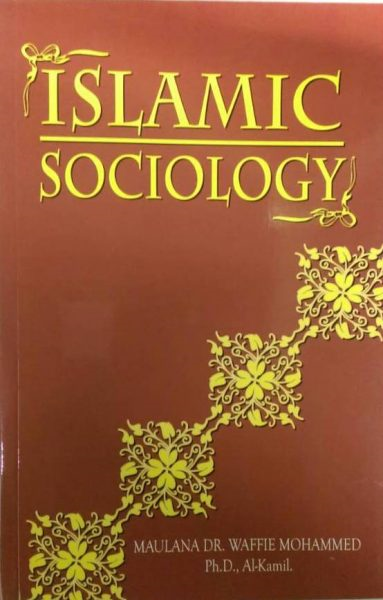Islamic Sociology
Author: Maulana
Dr. Waffie Mohammed
Publisher: A.
S Noordeen
ISBN: 9789830652603
Price: RM29
Weight: 0.500kg
When viewing
the concept of Islamic sociology, it’s important to realize that Islam does not
distinguish between social institutions and the state. Rather, Islam is a
comprehensive reality—the state is to be as much Islamic as is the local
mosque. Islam is a religion; but Islam is also a government. The Muslim world
today is divided between those who favor nation-states (with laws,
constitutions, and boundaries distinct from other nations) and those who favor
pan-Islam (the vision that the Muslim community should be united, with
diminished or non-existent national boundaries). Those who favor nation-states
sometimes produce Muslim nations where the population is predominantly Muslim
but where the law of the land is either not Shari’ah or not purely so.7 For
example, Turkey is a Muslim nation whose constitution is not based on Shari’ah
law. Although most of its population is Muslim, Turkey itself is a secular
nation.
Muslims who favor a pan-Islamic community are troubled by this and tend to respond with various expressions of disapproval. Sometimes this disapproval takes the form of verbal denouncement of the nation. Sometimes it takes the form of individuals within the government seeking to reform it. The media, however, most often focuses on those who engage in armed protest and terrorist activities, such as often happens in Turkey and Egypt.








